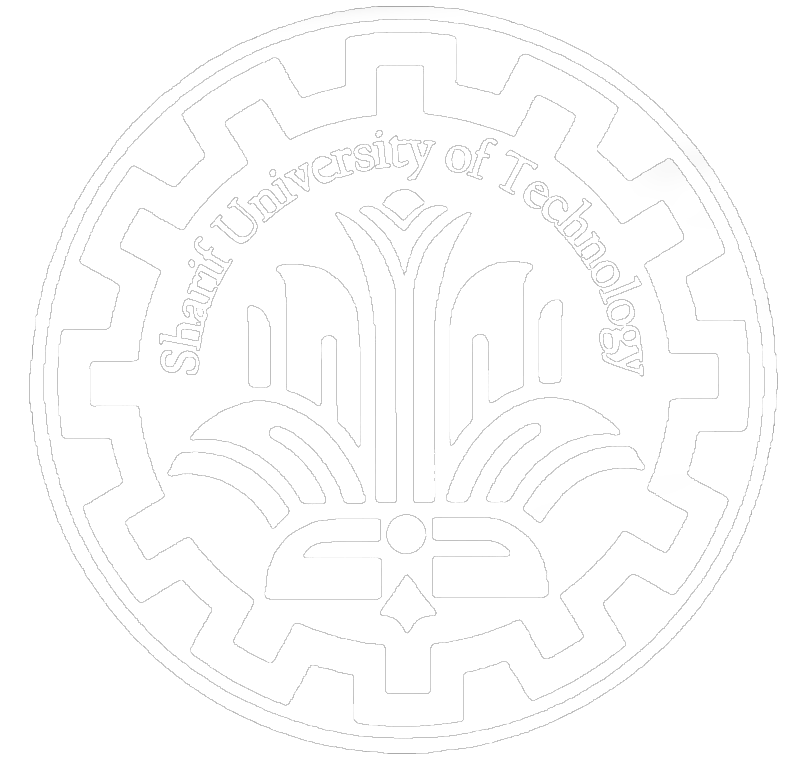Center for Quantum Science & Technology

Quantum is one of the most influential findings that has played a significant role in understanding natural phenomena such as superconductivity and developing new technologies such as transistors and lasers. Today, by providing a unique type of information, quantum science is on the verge of creating a fundamental revolution in information science and technology, which can usher in the quantum information era.
In the era of classical information, we see the weakness of computers in storing and processing quantum information and solving complex problems. For example, today's classical computers cannot accurately simulate the behavior of a cluster of hundred atoms. At the same time, the ability to perform such simulations can play a significant role in the production of medicines and vaccines for diseases and materials with unique properties. Additionally, communication and the classic Internet have created an insecure environment for citizens and governments due to hacking, eavesdropping, and various cyber-attacks. Quantum information technology is hoped to overcome all these limitations.
It is a question raised: what is the shortest path to achieving quantum information technologies, and do we have to follow the same path that led to classical information technologies? In other words, should we first build quantum computers and then take a step towards quantum communication and finally move on to the quantum Internet? To reach an acceptable answer to these questions, here are a few points to consider:
-
Quantum computers can break classical cryptography, like RSA, which is used to secure today's transactions and data transmissions. Therefore, the development and construction of quantum computers can jeopardize the security of information transfer. Unless, for example, quantum communications and network infrastructure, an ultimate solution to the cyber security problem, is provided beforehand.
-
On the other hand, focusing on the foundation and development of quantum communication without considering the infrastructure of quantum computing will lead to falling behind the quantum technology trends. Considering the quantum computing possibilities mentioned above and the efforts of large IT companies such as Google and IBM, which are on the verge of achieving quantum supremacy, it is necessary to pay attention to the infrastructure of quantum computing. In fact, those companies and societies gain more from technologies that have contributed to creating those technologies and have educated experts in the fields.
Therefore, the Quantum Sciences and Technologies group of the Institute for Convergence Science & Technology at Sharif University of Technology defines its goal as developing the underlying framework to realize quantum internet, which is hoped to be achieved thorough the following activities:
-
Research in the field of quantum information theory and science
-
Research in the field of quantum communications and networks
-
Research in the field of quantum computing
-
Research in the field of quantum sensing
-
Educating expert human resources
-
Expanding and improving national and international scientific collaboration
